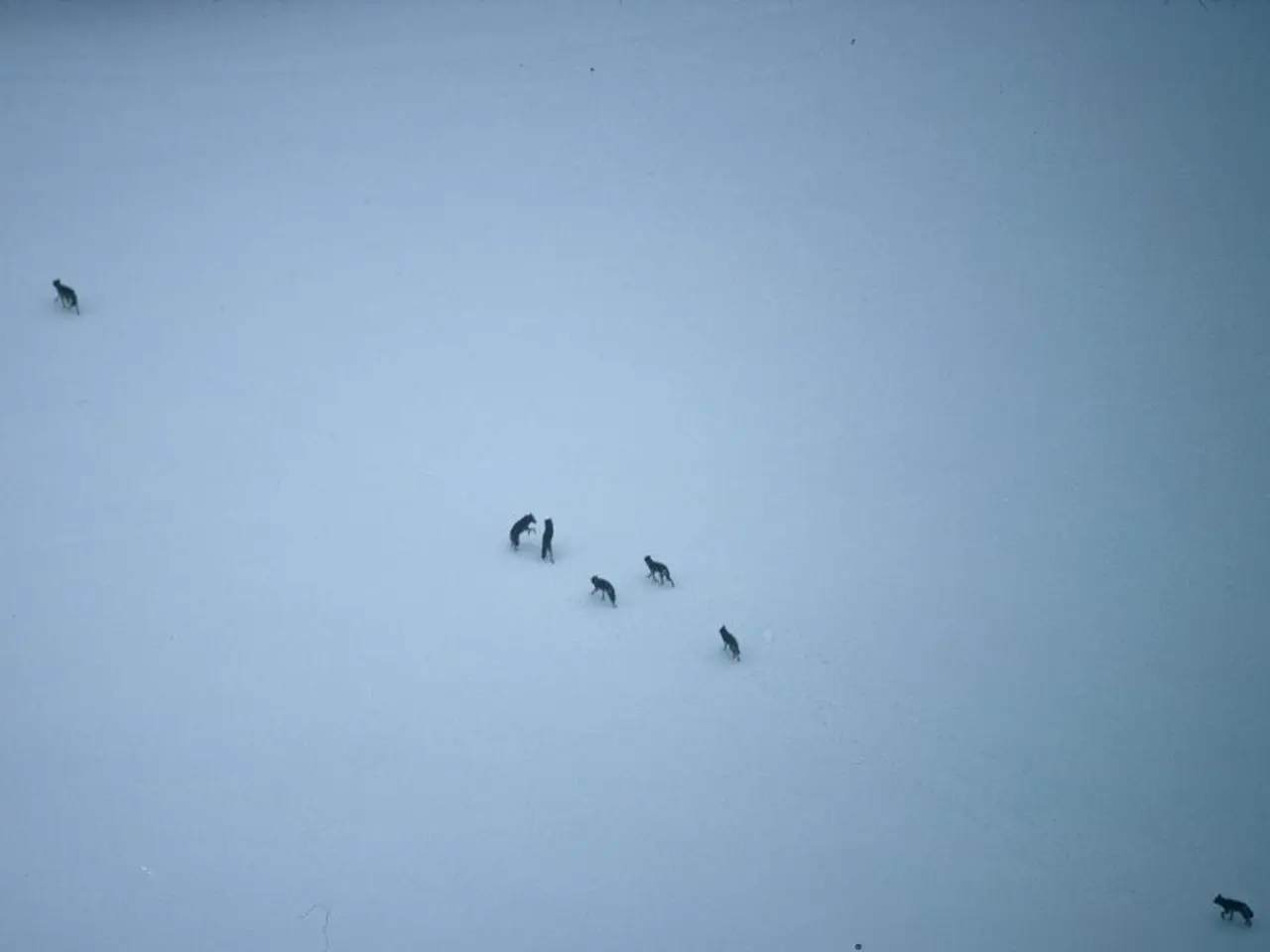Women Musicians in Rural Pakistan Combating Climate Change with Music
In rural Pakistan, where literacy rates are low and internet access is scarce, women are turning to music as a powerful tool to spread awareness about climate change. Artists like Sham Bhai from Sindh, the province hardest hit by the 2022 floods, and Urooj Fatima, known as Sindhi Chhokri, are using traditional music and hip-hop/rap to communicate climate messages in a relatable and impactful way.
Sham Bhai, a singer from rural Sindh, uses her native language, Sindhi, to connect with her audience. She begins her performances with upbeat traditional tunes to attract listeners before transitioning into mournful ballads about flooding, displacement, and climate grief. Her songs convey the harsh realities of floods, damaged homes, and ecological shifts that communities face, helping people understand and emotionally connect with the crisis. Sham reports that her music inspires practical responses such as planting trees and building climate-resilient housing.
Urooj Fatima, on the other hand, uses rap to engage larger audiences. Her climate justice rap addresses the disproportionate effects of climate disasters, such as floods, on rural women. Sharing her rap at local festivals and through social media, she can reach hundreds of thousands more than in-person gatherings alone. One of her most popular songs, "There are potholes on the road; the roads are ruined," calls for justice and is considered a revolution. Now, she campaigns full-time with her sister, Khanzadi, planting trees, visiting remote communities, and pushing local governments to do more.
The use of traditional music and hip-hop/rap in local languages grounds climate messaging in familiar cultural forms, facilitating emotional connection. Hip-hop and rap provide a modern, expressive form that harnesses social media and wider outreach to spread climate justice messages. Together, these musical forms help women overcome information gaps, educate about climate resilience, and mobilize grassroots climate action in rural Pakistani communities.
References:
[1] BBC News. (2022). Pakistan floods: How music is helping spread climate change awareness. [online] Available at: https://www.bbc.com/news/world-asia-62157423
[2] The Guardian. (2022). Pakistani musicians are using music to spread climate change awareness. [online] Available at: https://www.theguardian.com/global-development/2022/sep/22/pakistani-musicians-are-using-music-to-spread-climate-change-awareness
[3] Al Jazeera. (2022). Pakistani rapper uses music to raise awareness about climate change. [online] Available at: https://www.aljazeera.com/news/2022/9/26/pakistani-rapper-uses-music-to-raise-awareness-about-climate-change
[5] The Diplomat. (2022). Pakistani Women Musicians Are Using Music to Spread Climate Awareness. [online] Available at: https://thediplomat.com/2022/09/pakistani-women-musicians-are-using-music-to-spread-climate-awareness/
- Environmental science research shows that climate-change, especially in rural areas, is increasingly impacting our planet, causing devastation such as flooding and displacement.
- In the realm of entertainment, artists like Sham Bhai and Urooj Fatima are utilizing their platform to popularize climate-change awareness, employing music genres like traditional Sindhi tunes and rap to convey their messages.
- As lifestyle choices have a significant impact on the environment, these musicians inspire practical responses such as tree-planting and building climate-resilient housing, advocating for a sustainable future amidst the music and entertainment scene.








